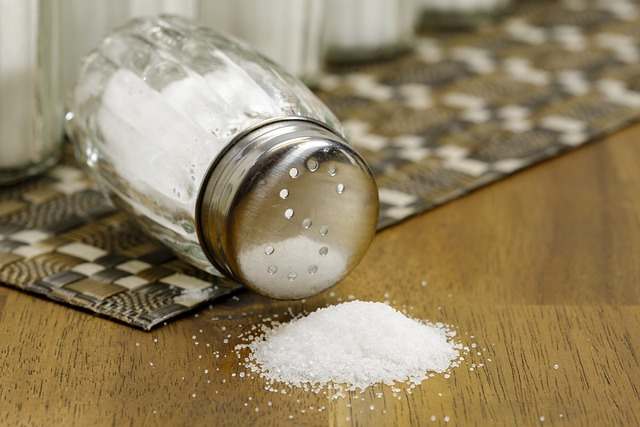Salt, or sodium chloride, is an essential nutrient that our bodies need to function properly. However, too much salt can be harmful to infants at different stages of their development. Here, we will explore the harmful effects of salt on infants according to age.
0-6 months:
Newborn babies have an immature kidney function, which means they are not able to process excess salt efficiently.
Breast milk and formula milk contain the right amount of sodium needed for a baby’s growth and development.
Adding salt to a baby’s diet is unnecessary and can lead to dehydration and electrolyte imbalance, which can be harmful to the baby’s health.
High salt intake can also lead to a condition called hypernatremia, where the baby’s blood sodium levels become abnormally high.
This can cause symptoms such as lethargy, irritability, and seizures, and in severe cases, it can lead to brain damage or even death.
6-12 months:
As infants transition to solid foods, it is important to introduce them to a variety of healthy foods while limiting their intake of salt.
Processed foods, such as canned or packaged foods, can contain high amounts of sodium, and should be avoided.
Salt should not be added to homemade baby food, and parents should read food labels carefully to ensure that the food they are giving their baby is low in sodium. Excessive salt intake during this stage of development can lead to high blood pressure and an increased risk of heart disease in later life.
12-24 months:
As toddlers, children should continue to consume a diet low in salt. They should be encouraged to eat fresh fruits, vegetables, and whole grains while avoiding processed foods, fast food, and snacks high in sodium. High salt intake during this stage of development can lead to the development of bad eating habits, which can have a negative impact on their health in later life. It is important for parents to monitor their child’s salt intake at every stage of development. The American Heart Association recommends that children under the age of 1 should consume less than 1 gram of salt per day, and children between the ages of 1 and 3 should consume less than 1.5 grams of salt per day.
In conclusion:
salt is an essential nutrient that our bodies need, but excessive salt intake can be harmful to infants at different stages of their development. Parents should limit their child’s salt intake and encourage them to consume a healthy, balanced diet that is low in sodium. By doing so, parents can help their children to develop healthy eating habits that will last a lifetime.











